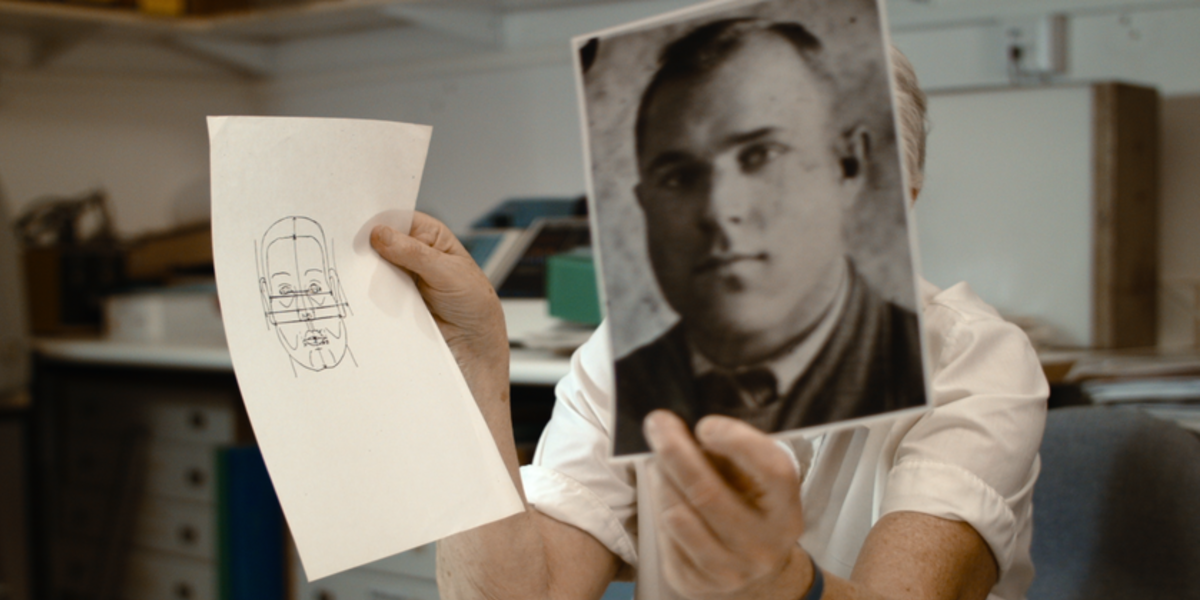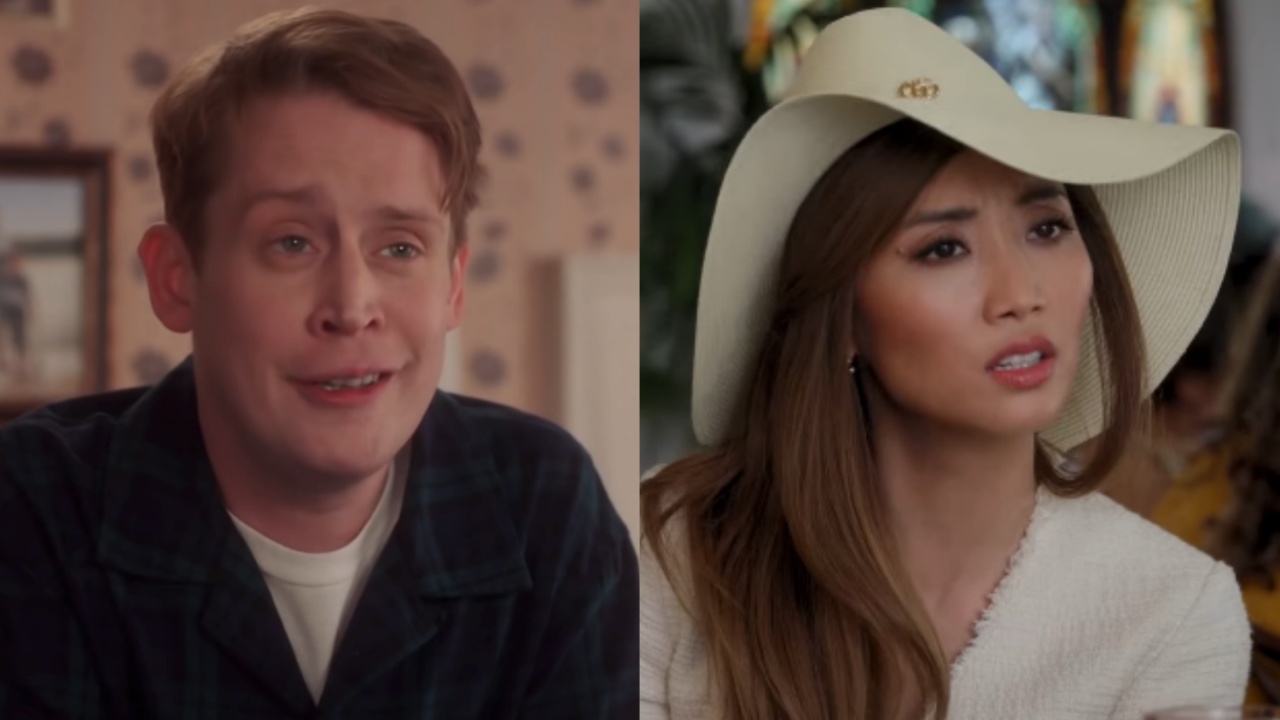Netflix Agrees To Modify Nazi Documentary Series After Complaints

Your Daily Blend of Entertainment News
You are now subscribed
Your newsletter sign-up was successful
Netflix has been the target of plenty of complaints over the years about some of its subject matter, but the latest barrage of complaints leveled at the streamer regarding new documentary series The Devil Next Door will actually result in some change. Of course, these complaints weren't from dissatisfied consumers who were upset about a cancellation or plot twist, but rather from people like the Polish premier, the Polish Ministry of Foreign Affairs, and more due to maps representing the locations of Nazi concentration camps. Here's what happened.
The Devil Next Door is a five-part docuseries centered on the 1986 trial of of John Demjanjuk, who was a Cleveland grandfather accused of actually being a Nazi death camp guard known as Ivan the Terrible. The series caught the attention of Polish premier Mateusz Morawiecki due to the use of maps that show Nazi concentration camps, including Auschwitz, within the borders of Poland.
Mateusz Morawiecki argued (via Variety) that the map is both incorrect and "deceives viewers into believing that Poland was responsible for establishing and maintaining these camps, and for committing the crimes therein." Since Poland was not an independent state following the Nazi invasion, Morawiecki called for changes to the use of the maps in The Devil Next Door.
Netflix's amendments to the docuseries don't include pulling segments showing the maps or filming new scenes, but will add text on screen to clarify that the death camps were in Nazi-occupied territory and not sanctioned by an independent Polish state. The maps used in the docuseries were actually designed as representations of those used in U.S. and Israeli news broadcasts during John Demjanjuk's trial. The added text (which will likely be below the maps on screen) should provide useful context.
Poland's Ministry of Foreign Affairs even tweeted an image that revealed the difference between the map from the docuseries just showing Poland (on the left) and a map illustrating Nazi-occupied territory (on the right):
The changes to The Devil Next Door aim to "provide more information to our members about the important issues raised in this documentary and to avoid any misunderstanding," making it clear that "the extermination and concentration camps in Poland were built and operated by the German Nazi regime" from 1939-1945. Netflix reportedly does not see this as a concession to the Polish premier, but rather an acknowledgment that the use of the map of Poland without clarifying Nazi occupation needed context.
For his part, Polish premier Mateusz Morawiecki posted a response to Netflix's decision to amend the docuseries on Facebook. These are his thoughts (translated from the original Polish):
Your Daily Blend of Entertainment News
Mistakes are not always made of bad will, so it is worth to talk constructive about their correction. I would like to thank Netflix and my team that this time we managed to explain the situation so quickly and solve the problem.
The Polish premier showed no bitterness in his response the Netflix's decision to add context to The Devil Next Door, so hopefully the changes will be to everybody's satisfaction. Netflix has had success with past docuseries, and it's quite possible that all the buzz about the maps will increase the number of people who want to check The Devil Next Door out.
11 Unbelievable True Crime Series Worth Streaming On Netflix
If you're interested, you can find the full Devil Next Door docuseries streaming on Netflix now, along with many other new and upcoming options.

Laura turned a lifelong love of television into a valid reason to write and think about TV on a daily basis. She's not a doctor, lawyer, or detective, but watches a lot of them in primetime. CinemaBlend's resident expert and interviewer for One Chicago, the galaxy far, far away, and a variety of other primetime television. Will not time travel and can cite multiple TV shows to explain why. She does, however, want to believe that she can sneak references to The X-Files into daily conversation (and author bios).
